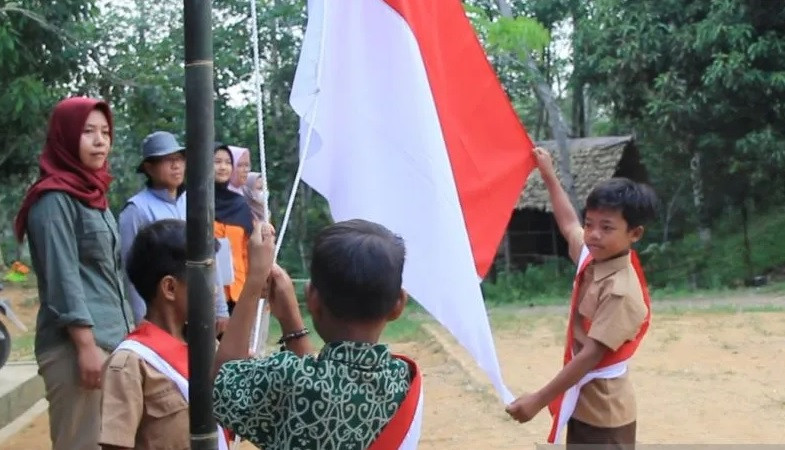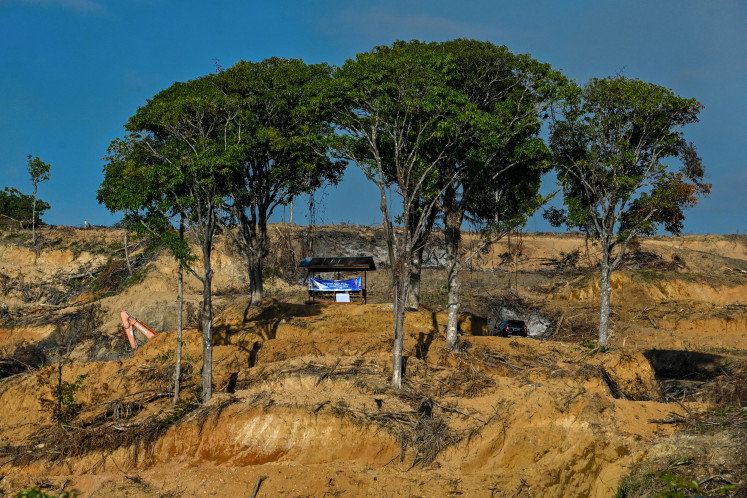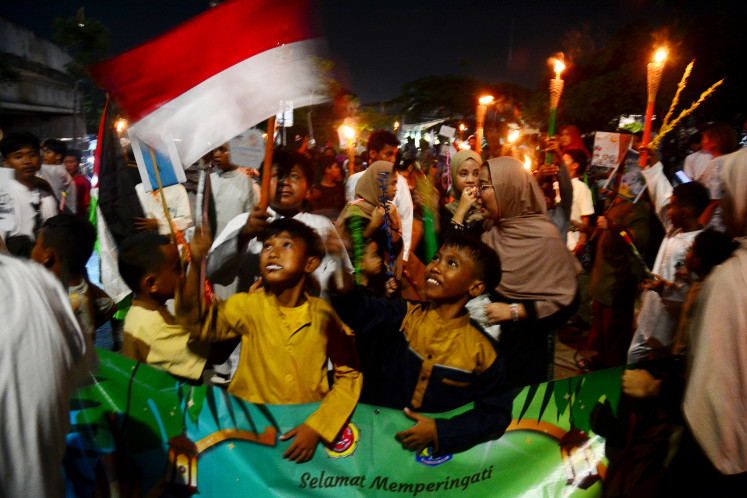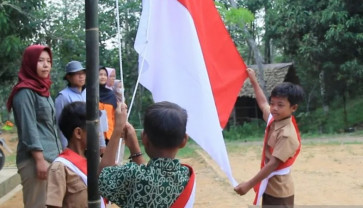Popular Reads
Top Results
Can't find what you're looking for?
View all search resultsPopular Reads
Top Results
Can't find what you're looking for?
View all search resultsResurging nationalism in Southeast Asia: A blessing or a curse?
Nationalism is experiencing a resurgence as an elitist construct, not just in Southeast Asia but across both developed and developing countries, raising a question as to whether internationalism is a better fit in this age of globalization.
Change text size
Gift Premium Articles
to Anyone
W
e define nationalism as an assertive identification with the nation-state, often linked to cultural pride, sovereignty and resistance to foreign influence.
Renowned scholar Benedict Anderson, in his foundational work Imagined Communities, describes nationalism as a product of imagined connection. He argues that nations are cultural artifacts through which people cultivate a sense of belonging and unity, even without direct interactions.
Even Albert Einstein, though not a political scientist, famously remarked: “Nationalism is an infantile disease. It is the measles of mankind.” His criticism of nationalism was shaped by his experience of European imperialism and the intense rivalries between nation-states during his lifetime.
Notwithstanding, we are not witnessing the peak of nationalism in Southeast Asia, but rather its resurgence.
Nationalism in the region peaked during the era of anti-colonial struggles, when nationalist movements mobilized to fight colonizers. During this period, nationalism was massive and existential, as it centered on self-determination and state formation. These movements gave rise to charismatic nationalist leaders such as Sukarno in Indonesia, Ho Chi Minh in Vietnam and Tunku Abdul Rahman in Malaysia, all of whom became enduring symbols of national unity.
What drives the resurgence of nationalism in Southeast Asia today? Much of the nationalism in the region is currently shaped by political elites and governments to legitimize authority, especially in countries closely linked with ethnic and religious identity, which often fuels internal or cross-border conflicts.
As the international community tries its best to broker a truce between Cambodia and Thailand, it is hard to deny that nationalism has played a role in complicating the situation. The responses of each state have fueled public debate and nationalist reactions in both countries.



















